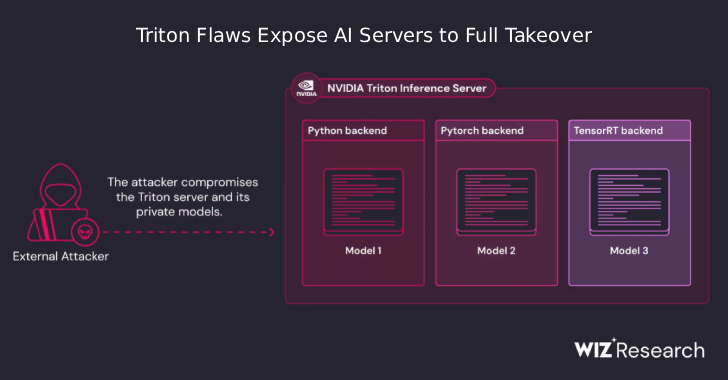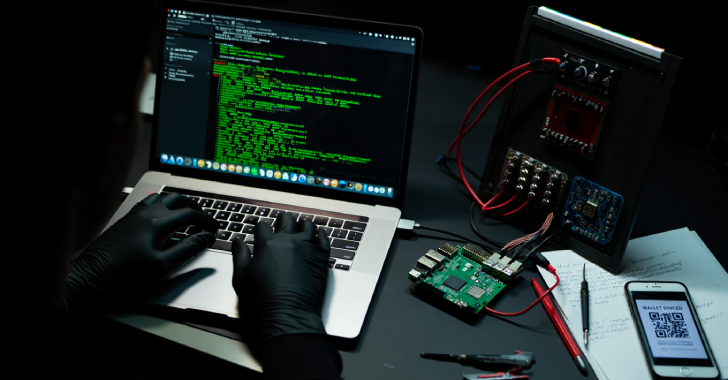The Intensifying “Salt Typhoon” Hacks: Is Your Data Safe?
A Massive Telecom Espionage Campaign Is Unfolding—Here’s What You Need to Know
A sweeping cyberattack has infiltrated U.S. telecom networks, and the fallout could affect millions.
What Happened?
“Salt Typhoon” is the codename for a suspected espionage operation allegedly linked to China, according to U.S. officials.
This operation has targeted major telecom providers, including AT&T and Verizon, accessing call metadata, live communications, and even systems designed to assist law enforcement with surveillance.
The FBI and the Cybersecurity and Infrastructure Security Agency (CISA) are investigating but acknowledge that the attackers remain embedded in these networks. Officials have said they cannot yet provide a timeline for completely removing the intruders.
Salt Typhoon’s approach takes advantage of vulnerabilities in telecom infrastructure. This includes intercepting text messages, call logs, and live audio from high-profile individuals, particularly those in politics and government.
While the full scope of the attack is still under investigation, officials have described the operation as one of the largest intelligence compromises in recent history.
Why Should You Care?
This isn’t just a problem for politicians or government officials.
If hackers can breach telecom networks, it means they could potentially access your call records, messages, and other personal data.
The risk isn’t limited to the U.S. either. Cybersecurity agencies in Canada, Australia, and New Zealand have also raised the alarm.
How to Protect Yourself
You’re not powerless. Here’s how to defend yourself against this growing threat:
- Use Encrypted Messaging Apps
Apps like Signal and WhatsApp encrypt your messages, making them unreadable to anyone who intercepts them. - Keep Devices Updated
Hackers exploit outdated software. Ensure your devices receive regular updates to patch vulnerabilities. - Enable Strong Authentication
Activate multi-factor authentication (MFA) for all your accounts. It provides an added layer of security against unauthorized access. - Be Cautious on Public Wi-Fi
Hackers often exploit unsecured networks. If you must connect to public Wi-Fi, use a virtual private network (VPN). - Avoid Phishing Scams
Be wary of unsolicited links in texts or emails. Hackers often use these to steal your login credentials.
The Bigger Picture
Salt Typhoon isn’t just a cyberattack; it’s a stark reminder of how vulnerable critical infrastructure can be.
While officials continue to investigate and mitigate the threat, individuals and organizations must take proactive steps to secure their data.
Your privacy matters. Your security matters. Stay vigilant and informed.
Cyber Defense Advisors is here to help you navigate these evolving threats. Contact us for expert guidance on protecting your systems and data.






